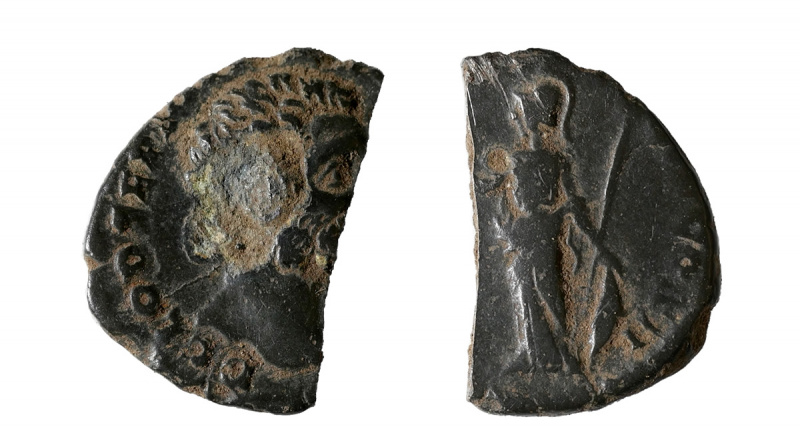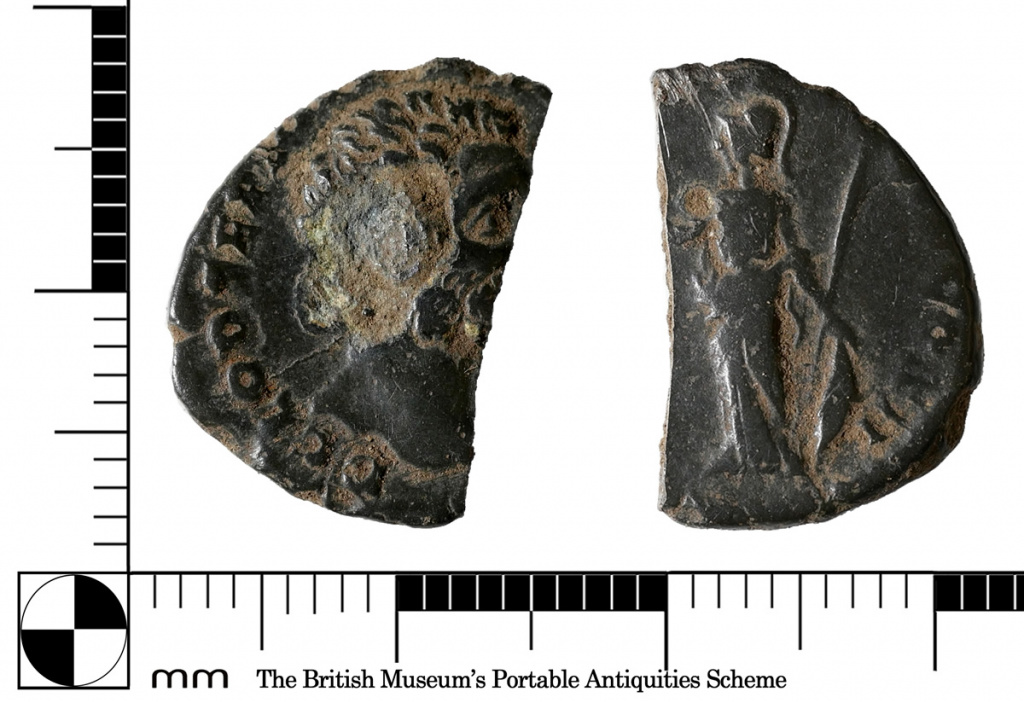PAS Finds (w/e 21/04/23) – Clodius Albinus
PAS Finds (w/e 21/04/23) – Clodius Albinus
My selection of the detecting finds recorded at the PAS in the two weeks ended 21 April 2023.
Featured Find
Denarius of Clodius Albinus
A denarius of Clodius Albinus dating to 192 – 194.
On 31 December 192, emperor Commodus was strangled in his bath. At the time, Decimus Clodius Albinus was governor of Britain. Albinus may have been given his name due to the paleness of his complexion.
During the turmoil of the following (Year of the Five Emperors) three candidates emerged for emperor; Pescennius Niger, governor of Syria; Septimius Severus, governor of Upper Pannonia on the Danube and Albinus. The support of individual legions was crucial. When the two legions from Germania Inferior sided with Severus instead of Albinus, his position was too weak and he accepted an offer from Severus for the title of Caesar and they formed an alliance. Having his rear secured, Severus could attack Pescennius Niger.
To reflect his new title and alliance, Albinus added Septimius was now known as Decimus Clodius Septimius Albinus Caesar. If the full obverse legend were visible on this find, it would read D CLOD SEPT ALBIN CAES. The coin was minted in Rome, reflecting the fact that his role was backed by the senate.
Severus went on to defeat Niger and then the Parthians, who had supported Niger. With his growing confidence and standing, Severus wanted rid of Albinus and In 195, he forced the Senate to declare war on Albinus and appointed his son Caracalla as Caesar. In January 197, the two factions came head to head at the Battle of Lugdunum. Albinus lost and committed suicide. His corpse was trampled beneath the hooves of Severus’ horse and the head sent to Rome. His body, along with those of his executed wife and sons, was thrown into the river Rhone.
Albinus had the military prowess and the backing of the Senate to become a good emperor. However, he lacked the ruthlessness of Severus. In The History of the Decline and Fall of the Roman Empire, Gibbon described Severus as “the principal author of the decline of the Roman empire…He promised only to betray, he flattered only to ruin; and however he might occasionally bind himself by oaths and treaties, his conscience, obsequious to his interest, always released him from the inconvenient obligation“.


